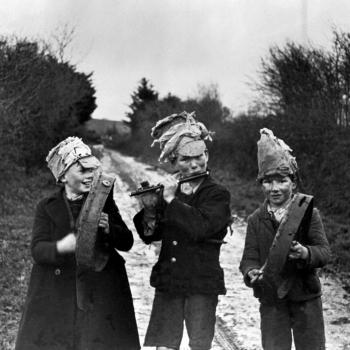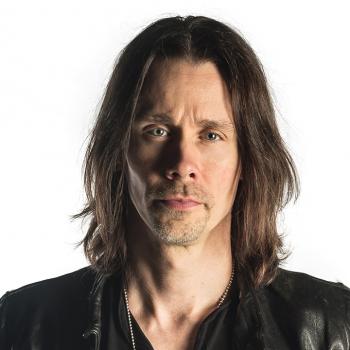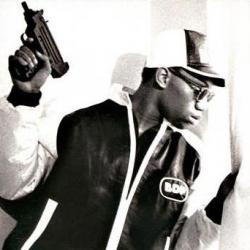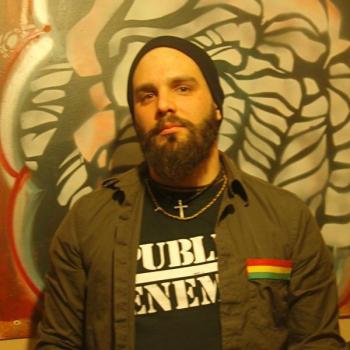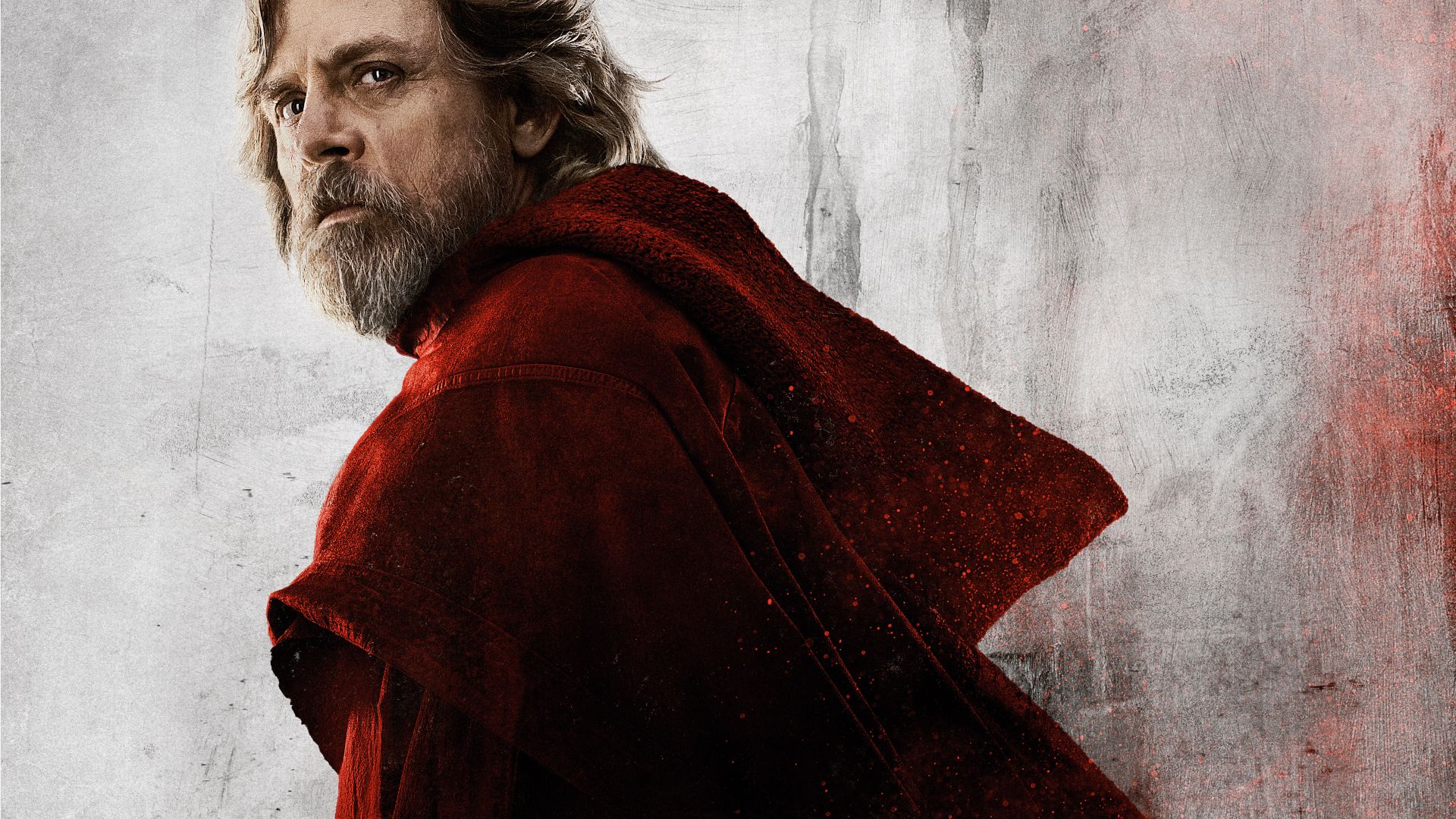
Some of the fans freaking out about The Last Jedi should be mindful of Master Yoda.
Picture this. Not that long from now, in this very galaxy, Christ the Messiah returns to Earth. Taking on physical form, this time as a female, Christ stands atop a river of molten lava. There, the Sermon on the Mount is delivered anew. The reaction on social media is swift. “What? Jesus can only walk on water, not hot lava! And I don’t care that you’re a lady, but you’re not a lady! You totally don’t understand Christianity, Jesus!”
Star Wars drew from the wisdom of the world’s faith traditions from the very beginning. Yet some fans continue to obsess over the letter of the law while neglecting its spirit.
If you’ve seen Star Wars: The Last Jedi (and judging by the box office numbers, who hasn’t?) you are probably aware of the divisive backlash online. Film critics adore the latest installment of the Star Wars saga. Disney was so pleased with writer/director Rian Johnson, they’ve authorized him to create a fourth Star Wars trilogy, which will follow the release of 2019’s Star Wars Episode IX.
In my own review (which, like this post, contains SPOILERS), I wrote about how thrilling it was to see The Last Jedi dispense with the myriad of predictable story outcomes theorized about by fans in the two years since Lucasfilm reignited with The Force Awakens. Johnson took the dreaded “mystery box” favored by Force Awakens writer/director J.J. Abrams and tossed it over a cliff.
Who is Snoke? Who cares? He’s dead! Who were Rey’s parents? They were nobodies!
A Star Wars related movie is going to come out once per year, for the foreseeable future, in addition to all of the books, comics, television shows, video games, and related media. I count myself among the fans who felt invigorated and rewarded by The Last Jedi and its refusal to simply stay the course. The Last Jedi does away with the whole “save the new Darth Vader from the new Emperor” setup with a flash of a lightsaber.
From the moment The Last Jedi resolves the cliffhanger (pun intended) of its predecessor, with Luke tossing his father’s lightsaber over his shoulder, the audience knows that all bets are off. Prepare to be surprised.
30 years after Return of the Jedi, Luke Skywalker is a disillusioned hermit who wants nothing to do with the Jedi Order or the latest Star War. (Captain Phasma? She gets tossed into a fire, rather unceremoniously.)
After years of being contextualized, analyzed, understood, and controlled, The Force is once again alive. It’s vibrant with possibility. This goes as much for the galaxy far, far away of the movies as it does for the real world here where we consume these stories. It may be hard to remember, but as Johnson has since pointed out, some Force abilities we didn’t see till Empire. We didn’t see Force lightning till Return of the Jedi.
Three decades later, The Last Jedi introduces a form of communication many are calling “Space Skype,” astral projection, a Force ghost Yoda who can summon lightning, and a General people have called “Super Leia.”
These innovations have wreaked havoc on the expectations of many fans who spent the last two years combing every available bit of material for clues about Episode VIII‘s secrets. The Force Awakens was (rightly) criticized for its reverent repetition of the original trilogy. Now this one is getting condemned in some circles for reworking what fans thought they understood about Luke Skywalker, the Jedi, and The Force itself.
I argue that The Last Jedi brings balance to The Force. The Jedi Order was destroyed as much by the complacent arrogance of the Jedi themselves as it was by the Sith. The rigid rules of the Jedi, which respected the Letter of the Law above the Spirit of the Law, led to regular rebellious insubordination by Jedi Masters like Qui-Gon Jinn. It allowed Count Dooku to be seduced by the Dark Side, which led to his destruction. Anakin Skywalker, married in secret (against the celibate/monastic Jedi code), was the next Dark Lord of the Sith. He helped destroy the Jedi Order. With the help of his son, Luke, he eventually destroyed the ancient evil of the Sith, as well.
When we meet-up with Luke again in Episode VIII, he’s ready for the Jedi Order to end completely. His attempt to start a new Jedi Temple with new students went severely awry. Ben Solo, his nephew and star pupil, turned against him. It seems there will always be another dark lord ready and willing to seduce a Skywalker relative and rule the galaxy, right? Luke is sick of the whole cycle and retreats to the first Jedi Temple to grow old and die.
The arrival of Rey, someone with no Skywalker bloodline but immense natural Force ability, eventually shakes Luke out of his guilt ridden stupor. He reemerges at a crucial moment more powerful than Kylo Ren could have ever imagined. Confident in the knowledge that Rey will continue the Jedi traditions, he leaves the material world and vanishes into the Living Force, like his old master, Obi-Wan Kenobi, before him.
What Yoda tells Luke toward the end of The Last Jedi is crucial. “Time it is for you to look past a pile of old books. Page-turners they were not.” It would seem that Yoda advocates book burning. But that’s only from a certain point of view. Yoda also tells Luke the ancient texts don’t contain any wisdom that “the girl Rey does not already possess.” Eagle-eyed viewers spotted the books on the Millennium Falcon as Rey left Ahct-to.
What should we make of all of this?
If you ask me, one of our own ancient texts offers a great place to start.
“It is not that we think we are qualified to do anything on our own. Our qualification comes from God. He has enabled us to be ministers of his new covenant. This is a covenant not of written laws, but of the Spirit. The old written covenant ends in death; but under the new covenant, the Spirit gives life.”
2 Corinthians 3:5-6 (NLT).



